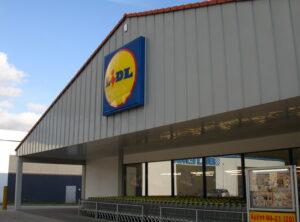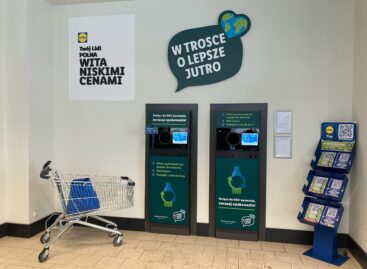Lidl’s Scan&Go is coming – with payment at self-checkout
After years of testing different systems and processes in Portugal, the UK, France and the Netherlands, Lidl has now apparently found its way forward for Scan&Go: self-scanning is coming to Europe as a feature of Lidl Plus, the discounter’s loyalty app.

As Retail Optimiser learnt, Lidl developed the functionality inhouse based on its point-of-sale software platform from GK.
Lidl’s Scan&Go is now really coming. However, the implementation in the stores requires that self-checkouts are already installed there. Scan&Go users can only pay there. The unavoidable, randomised spot checks are to be carried out by the employees who supervise the self-checkout area, as are the age checks. The Schwarz Group owned discount store operator has abandoned the idea of Scan&Go users simply leaving the stores and paying online automatically because of the increased risk of theft, Retail Optimiser was told by project members of the retail company.
Lidl is currently introducing self-checkouts on a large scale in numerous European countries with its partners 4POS and Itab – including in Germany.
Related news
Lidl is building a new administrative and logistics centre in Straubing
🎧 Hallgasd a cikket: Lejátszás Szünet Folytatás Leállítás Nyelv: Auto…
Read more >Related news
(HU) Átadták a SIRHA Budapest 2026 Innovációs Termékverseny díjait
🎧 Hallgasd a cikket: Lejátszás Szünet Folytatás Leállítás Nyelv: Auto…
Read more >HELL CITY has arrived, led by Michele Morrone
🎧 Hallgasd a cikket: Lejátszás Szünet Folytatás Leállítás Nyelv: Auto…
Read more >








